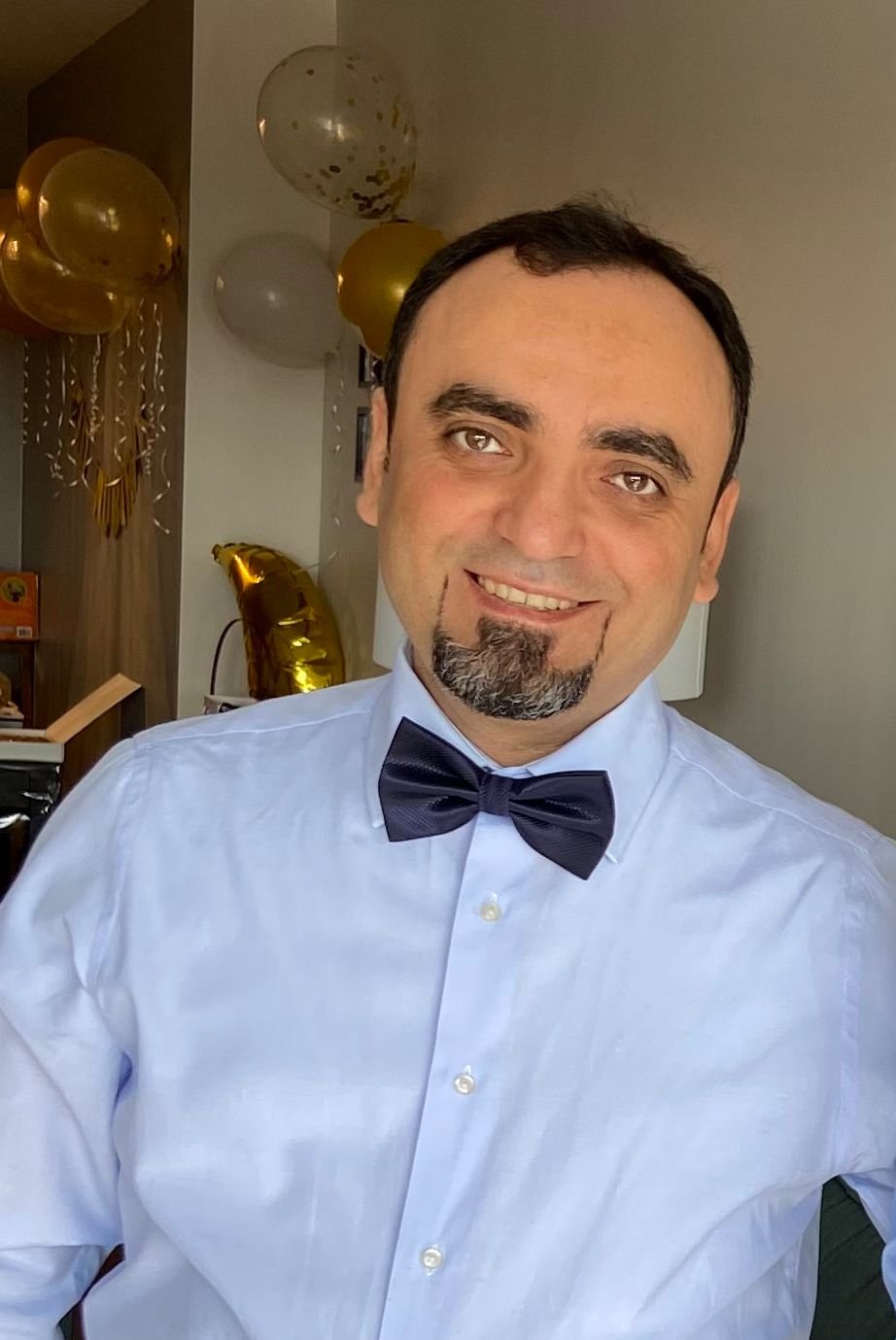Our Team
Although the co-founders of the BIPOC Academic Coalition come from diverse histories and backgrounds, they all share similar experiences regarding both micro and macro aggressions in Canada’s Universities. These are aggressions that are largely deemed acceptable in practice but are regularly taught by White professors and administrators as being deplorable in theory and/or on paper. Further, the White status quo typically profess that these racially discriminatory aggressions always exist elsewhere and historically, rather than existing in their own space and time. In doing this, duty, responsibility, action and risk to self is alleviated from the status quo, thereby allowing their own privilege to be maintained.
The BIPOCAC strongly believes that both the general public and those within the public space of higher education (through the privilege of academic freedom) have the right and responsibility to openly critique and discuss racial inequality in higher education beyond the theoretical.
BIPOC academic rank and tenure does not prevent the status quo, consciously or not, from taking full advantage of a university system that functions to the advantage of the majority at the expense of the minorities. It is our right to speak on these realities, and we believe the best way to accomplish our call to action for true racial equity in Higher Education is through BIPOC unity. We know we are not alone in our experiences. Please, join us for change.
-

Aimé Avolonto
CO-FOUNDER
One of the excitements I had about immigrating to Canada was the attraction of how our country, Canada, internationally promoted itself to the rest of the world as setting high standards on valuing dignity, freedom of thought, and the promotion and celebration of diversity and differences. My naivety was quickly shattered by the invisibility of Canada’s indigenous peoples in any positions of authority. Once I had committed myself and my young family to Canada, it was clear that our public institutions were deeply steeped in White supremist privileges. It is now time to expose these realities, so that a new generation of BIPOC citizens can live the values Canada claims to uphold.
-

Christine Faucher
CO-FOUNDER
As a woman of colour, education and social justice issues have always inspired and defined my worldview for a more equitable and caring society. I also kick major ass (while chewing gum) and will not hesitate to kick yours, intellectually, in an epic way should you piss me off. I survived Canada’s infamous “Sixties Scoop” and I will not sit idly by while Canadian universities continue to be locations that profit from “multicultural window dressing”, while continuously denying BIPOC students and academics tangible opportunities that match their worth. It is Canadian universities that are failing the BIPOC community and not the BIPOC community that is failing to meet high standards claimed by the institutions. Enough with having to work twice as hard to get half the recognition.
-

C. Darius Stonebanks
CO-FOUNDER
Being a young immigrant to Canada, even acculturation into “old stock” Canadian norms did not allow me (and my family) to escape repeated violent forms of anti-Brown, Islamophobic attacks. I set my sights on higher education, thinking it would be different from the kinds of exclusion, dehumanization and bullying BIPOC people face early in their lives in places like playgrounds, for example. I was wrong; the discrimination is simply more sophisticated and perhaps more dangerous. Canadians deserve better from their universities than the current system that advantages middle-of-the-road White professors at the expense of highly qualified, successful, and engaged BIPOC academics who can barely access entry level positions in higher education. If we don’t work together to make real changes, we are complicit in how we are treated.
-

Abdullah Najjar
Membership Officer
Abdullah Najjar is a Muslim Syrian refugee to Canada and a Ph.D. student in the School of Education at McGill University. He has a degree in Teaching Math, a bachelor of English literature from Damascus University, and a Master of Educational leadership from Bishop’s University in Canada.
Throughout his professional life, he has taught Math in public schools in Syria and in international schools in Saudi Arabia for over ten years, and he is an active math teacher at English Montreal School Board in Quebec since 2020.
His study of colonization and imperialism is inspired by his Middle Eastern and Islamic background and culture. After his move to Canada, he developed a passionate interest in the marginalization of minorities, particularly people of colour and their current representation in Quebec curricula. Consequently, he is studying the effects of Islamophobia in the West, the ongoing colonization and the essential deconstruction of the prevailing distorted and demonized image of modern Islam.